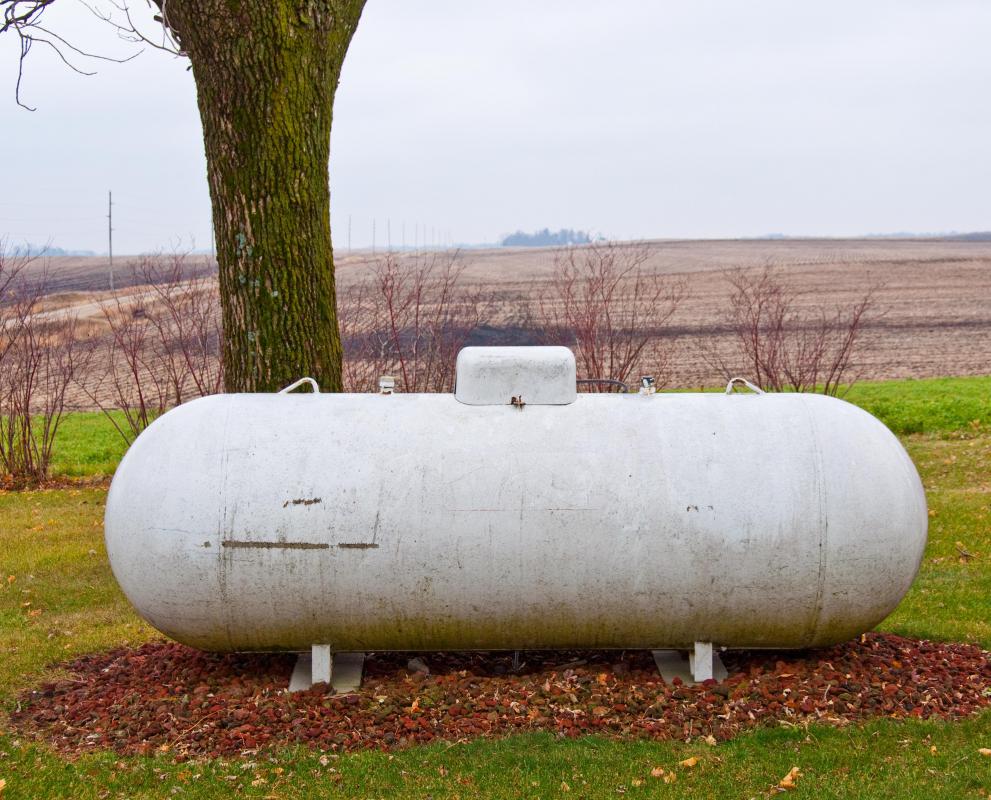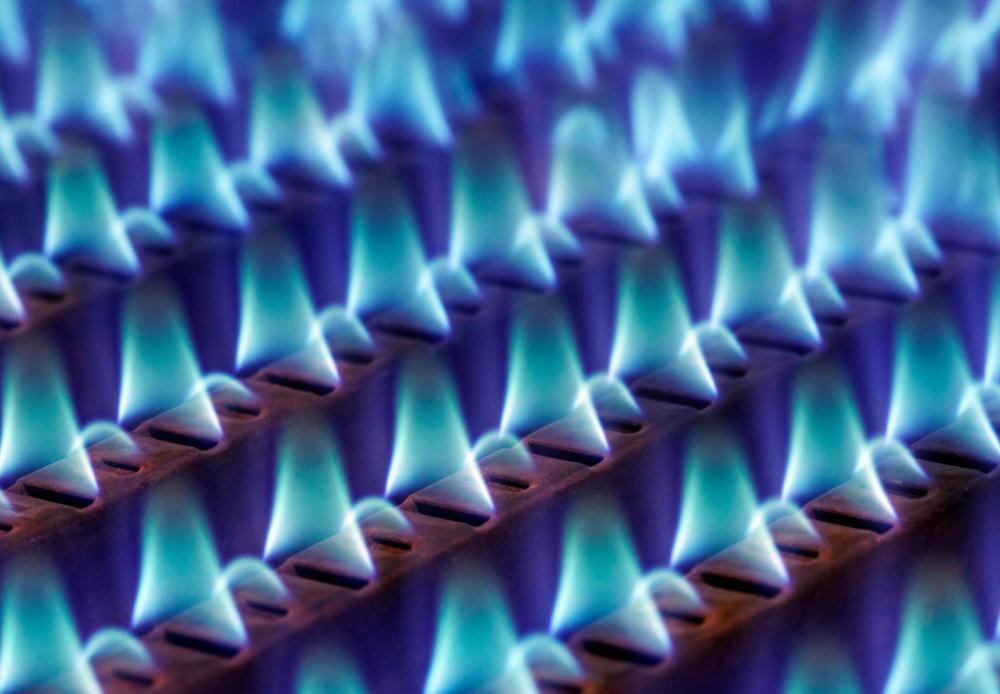At HomeQuestionsAnswered, we're committed to delivering accurate, trustworthy information. Our expert-authored content is rigorously fact-checked and sourced from credible authorities. Discover how we uphold the highest standards in providing you with reliable knowledge.
What is a Gas Heater?
There are currently multiple methods to heat a home, including electric heaters, wood stoves, and gas heaters. A gas heater is a heating device that uses either propane or natural gas to produce heat. These types of heaters have a pilot light that warms an internal heat exchange unit. This unit warms the air before it is circulated back through the house.
Gas heaters are typically recommended in colder environments. Electric central air heaters are more efficient with temperatures above 50 degrees Fahrenheit( 10 degrees Celsius). Electric heaters warm the air as it passes across a metal plate, whereas gas heaters use a gas flame to produce the heat. As the temperature decreases, electric heaters become less efficient at producing warm air.

The first gas heater was sold commercially by Pettit and Smith Company in 1856. This company created a gas heater that is similar to a Bunsen burner. With a gas heater the air is warmed locally with the gas flame and then distributed throughout an area with a fan.
A gas heater warms the air to a higher temperature than other heating systems. This is typically considered a faster method of warming a home because the gas flame is instantly hot. There are two types of gas heaters — natural gas heaters and liquefied petroleum gas heaters.

Natural gas heaters require a pipeline infrastructure and are typically found in a neighborhoods or cities. This type of gas is not typically available in all rural areas. These underground pipelines are designed much like the water system found in most cities, with an detailed infrastructure to the gas production company that spans to multiple households.

A propane gas heater functions like a natural gas heater but requires a storage tank that holds the fuel. These tanks range in sizes starting at 250 gallons (about 946 liters). Typically, the tank is located near the home. The underground tanks require a small dome to be exposed above the surface, which holds the gauges, regulators, and filling ports.
A gas heater does create pollution. Carbon monoxide is the exhaust produced when burning natural gas, which is poisonous. It is recommended by fire departments that people use carbon monoxide detectors in homes with natural gas as the fumes could leak into the home and carbon monoxide is completely odorless.
Gas heaters can also be used for heating water within a home. The gas water heater is an extremely efficient method for heating water quickly throughout the house. Within the water heater tank a small chamber is filled with water and heated with the flame of natural gas or liquid petroleum gas. Once heated, this water is distributed throughout the house.
AS FEATURED ON:
AS FEATURED ON:













Discussion Comments
What worries me about gas heaters is the part where you have to light them. I have heard stories about people trying to light them, and not doing something correctly. Then this can lead to too much gas being released, and then you might get an explosion or you might just get overcome by the gas fumes. With an electric heater, you don't have to worry about this.
The first time I lived in a house with a heat pump was when I went to college. Actually, I was staying with two roommates in a two bedroom apartment on campus. The first cold day of the semester I turned on the heat and everything seemed to be working correctly.
A few days later, we thought the apartment was too cold, so we turned up the thermostat. When we did this we also put our hands in front of the vents to feel the warm air, but the air wasn't particularly warm. We called the apartment manager because the air coming through the vents didn't get warm.
Well, he explained to us that heat pumps don't put out as warm of heat. The air coming from the heat pump was warmer than the room temperature, but not as warm as our body temperature, so the air felt cold on our hands. I agree with the article that a heat pump does not work particularly well in places where the temperatures get really cold, and a gas heater is probably going to feel much better.
My husband has been telling me that we should replace our current heat pump with a gas heating system. He says the gas heat is warmer and will be a better value for us. Other than on really cold days the heat pump works fine, and I wonder whether a natural gas heater would really make a big enough difference to justify the cost of installing the new system.
Post your comments